In this episode, we discuss a game that probably all of you have played: Valve’s incredibly popular distraction from Half-Life 3 development, Portal.
Portal is a game so influential it likely requires no introduction. In this episode, Raygan and Shane break down the qualities that made the game was so successful, and its widespread impact on gaming in general.
We command you:
GO PLAY PORTAL AGAIN!
Portal is available on nearly every platform you could want, including:
- Through Steam for Windows, Mac, and Linux – $9.99
- As part of the Orange Box for Xbox 360
- or individually as a download from Xbox Live Arcade – $14.99
- As part of the Orange Box for Playstation 3
- On Android, currently only on the Nvidia Shield – $9.99
Links for this episode
- The Last Guardian
- Our Broken Age Episode
- The Banner Saga
- Casual Shenanigans Podcast on YouTube
- Star Citizen
- The Veronica Mars Movie
- Transistor
- Transistor Trailer
- Bastion for iOS
- Portal available on the Nvidia Shield
- The original Portal trailer
- Portal: The Flash Version
- ASCIIPortal
- Narbacular Drop
- Download Narbacular Drop
- The Orange Box
- Johnathan Coulton
- Still Alive – YouTube link
- Portal’s patched ending
- Teslagrad – $9.99 on Steam
- Our Thomas Was Alone episode
- Thinking with Time Machine










